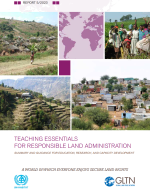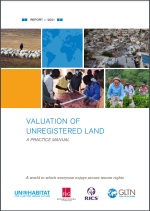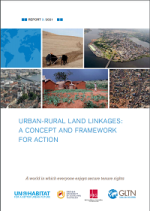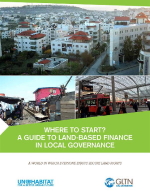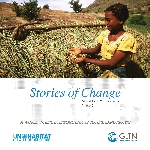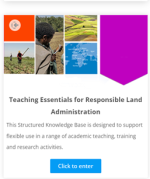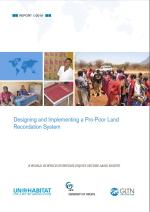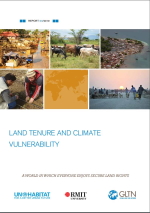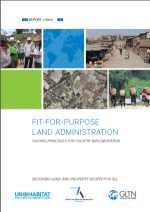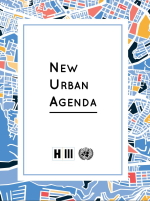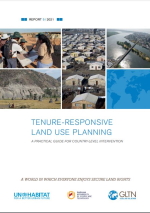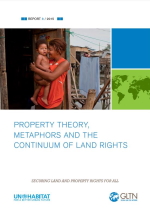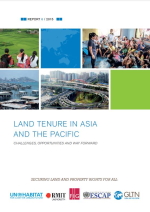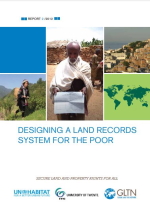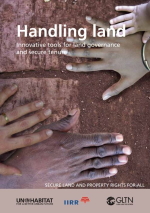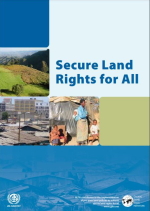|
CONTACT International Federation of Surveyors, FIG |
PUBLICATIONS
FIG Publications FORTHCOMING EVENTS FIG Regional Conference 2024FIG Working Week 2025 All Forthcoming Events |
FEDERATION OrganisationMembers Commissions Young Surveyors Network Capacity Building Network Task Forces FIG Foundation |
ABOUT FIG International Federation of Surveyors, FIG, is a United Nations and World Bank recognized non-governmental organization of national member associations and covers the whole range of professional fields within the global surveying community. It provides an international forum for discussion and development aiming to promote professional practice and standards. More: FIG Profile |
|
Follow FIG: |
| Our Data Privacy and Transaction Security Policy | Transactions on this site are secured by THAWTE |
©2026 FIG | Page last revised: 2025-9-1
|
























